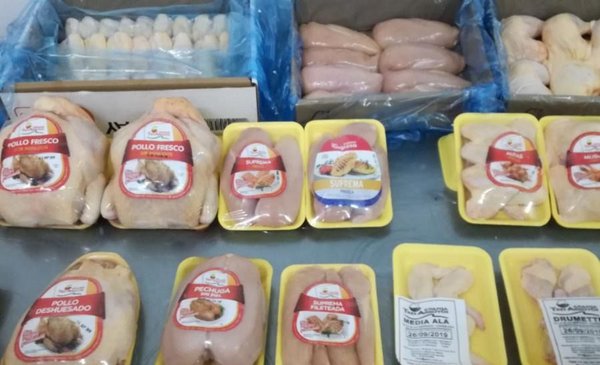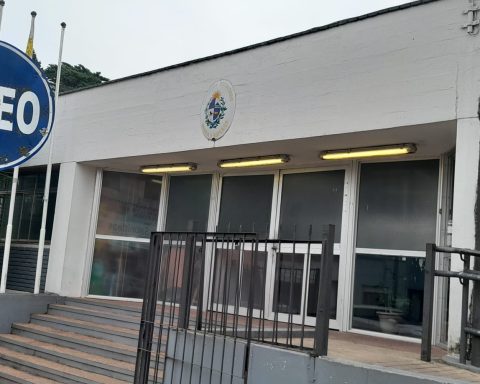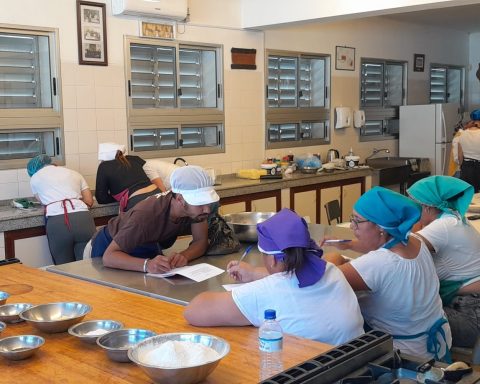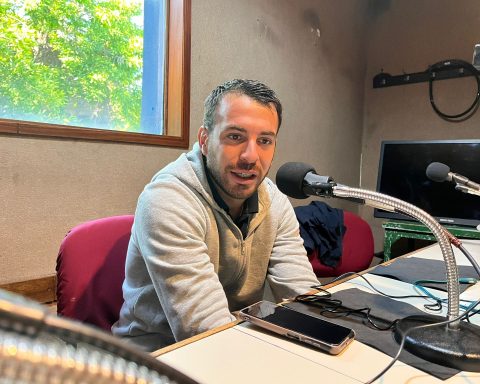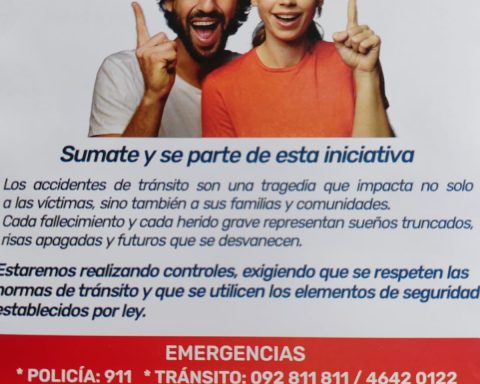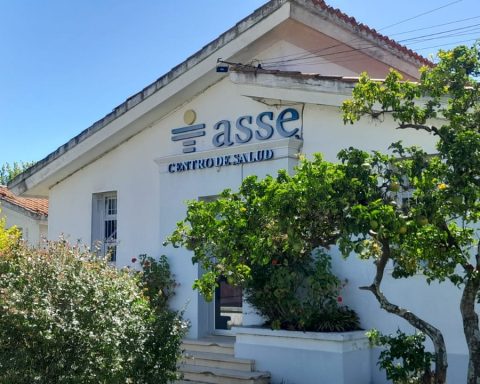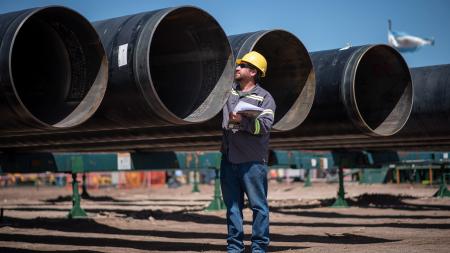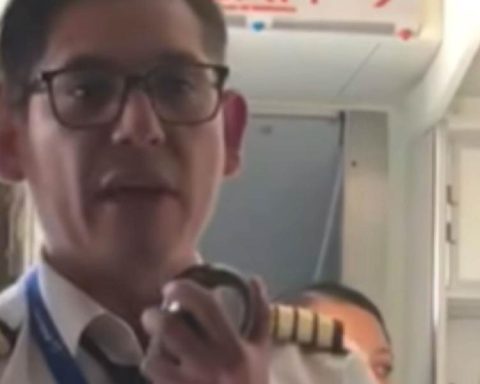Joaquín de Grazia, president of the board of the poultry company Granja Tres Arroyosquestioned the policy that the Uruguayan government has undertaken since the beginning of this year, when it eliminated the system of quotas in the import of poultry meatand in this framework he warned about the damage that this policy generated in Argentina in the years of the 1990s.
Until the beginning of this year, there was a limit of 120 tons for the entry of poultry meat from Brazil and another of 60 tons for the product from Argentina.
That, explained the Argentine businessman De Grazia, “gave us a certain horizon in relation to imports from Brazil and Argentina, leaving other countries free, such as Chile and the United States, from where products have also been received in Uruguay.”
The decision of the Ministry of Livestock, Agriculture and Fisheries (MGAP) to set aside the limits “was an unexpected situation” that set the stage for the granting of “a large number of import permits,” he said.
De Grazia said that until the change, there were “clear rules”based on “agreements between private parties, but signed in public bodies, in the MGAP” and that “as there is no containment, when a number of imports are enabled, especially supreme ones, there are confusing rules for investment, for the continuity of our companies”.
De Grazia’s questioning is added to several that have arisen from the different links in the poultry chain (fazoneros, distributors and industrialists) recently brought together in the Coordinator for the Defense of the Poultry Chain, which announced has everything ready to activate a new truck in Montevideo in the event that import permits for poultry meat are granted again.
There were also communications questioning the government issued by the Uruguayan Chamber of Poultry Processors (Cupra) and the Association of Rural Women of Uruguay (AMRU).
On the contrary, businessman Jorge López, director of the Uruguayan firm Abasto Santa Clara (a company that imports different meats, including chicken), recently told The Observer: “Today we are not being able to comply with our suppliers with the scheduled businesses, because (imports) were cut off without any explanation”.
“Not Firm” Rules
Asked about the fact that in recent weeks, although there was no reversal of the official measure, no new import permits were granted, De Grazia said: “Although there is a stoppage, those rules are not firm.”
De Grazia reflected that “as businessmen we have the obligation to ensure people’s work, to create sources of work and maintain them, in our case we have 350 people (the Tres Arroyos industrial complex is in Melilla) and there are around 100 more between fazoneros and their employees, it is a great community that needs clear rules to continue working”.
“If imports are unlimited, I don’t see a promising future for poultry farming in Uruguay”remarked who is in charge of a key industrial complex in the national poultry agro-industrial chain, the only firm authorized to export.
The entry of poultry meat “cannot be indiscriminate, because Uruguay does not have the power to offset the efficiency by volume of some countries, such as Brazilthe main exporter of poultry meat in the world, which this year is going to export US$ 11,000 million to 150 countries”, he explained.
The Argentine experience
Then he told about “a very bad experience” that took place in Argentina, in the 1990s: “We had a convertibility system that gradually made the dollar, depending on the inflation in dollars that Argentina suffered, increasingly accessible, we became expensive and with absolutely free imports, 25% of the companies disappeared and 75% The remaining % was absolutely damaged.
The Argentine government later, “even with convertibility, when we went from (Carlos) Menem to (Fernando) De la Rúa, saw the danger of the disappearance of a huge source of work and applied a safeguard clause that protected us from Brazilian imports , depending on certain parameters that are considered for these clauses within Mercosur”.
Subsequently, he pointed out, “when the government freed the exchange rate, the same inept people who could not defend ourselves against imports have become large exporters, reaching more than 70 markets todaytherefore this is not a question of people, it is a question of policies, which I do not discuss, but they must have a fair administration based on the reality of each country and at each moment”.
The businessman commented: “We are fighting for the local jobs that we have managed to create and for a market that, I have to say in all words, belongs to the industry that created it, it does not belong to the foreign industry that through of its exports will occupy pieces of that market”.
“Competition is welcome, but only under the conditions that apply, now we must find the best path among all”he concluded.
